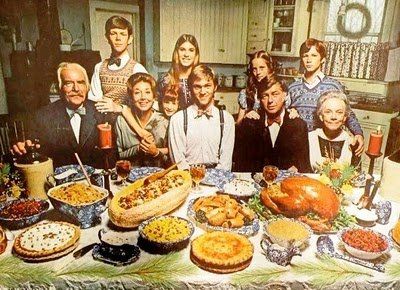feywon
Well-known Member
- Location
- Rural North Central NM
I haven't read most of the comments, don't want to get sucked into political aspect of this.
However, if you are someone.who is struggling, do a search for places offering help. I came across article that some eateries in nearest city to me are offering help, did more searching and found Santa Fe places are too. Posted article on FB.
Most are offering food for kids, but some for seniors and one place for anyone during certain hours, certain days. Also some will be collecting donations to help food banks. I suggested that if you're doing fine, patronizing these places will help fund their giving. So check out what's going on near you. I have to be in Albuquerque next week for my annual check up on my corneal implants. Plan to check if any of the places are relatively near my route. If i lived in the city we'd probably visit several in the coming weeks.
Will also go to local senior center and see if they're doing any outreach along these lines. I'm not wealthy by any means but will offer what help i can.
However, if you are someone.who is struggling, do a search for places offering help. I came across article that some eateries in nearest city to me are offering help, did more searching and found Santa Fe places are too. Posted article on FB.
Most are offering food for kids, but some for seniors and one place for anyone during certain hours, certain days. Also some will be collecting donations to help food banks. I suggested that if you're doing fine, patronizing these places will help fund their giving. So check out what's going on near you. I have to be in Albuquerque next week for my annual check up on my corneal implants. Plan to check if any of the places are relatively near my route. If i lived in the city we'd probably visit several in the coming weeks.
Will also go to local senior center and see if they're doing any outreach along these lines. I'm not wealthy by any means but will offer what help i can.
Last edited:


